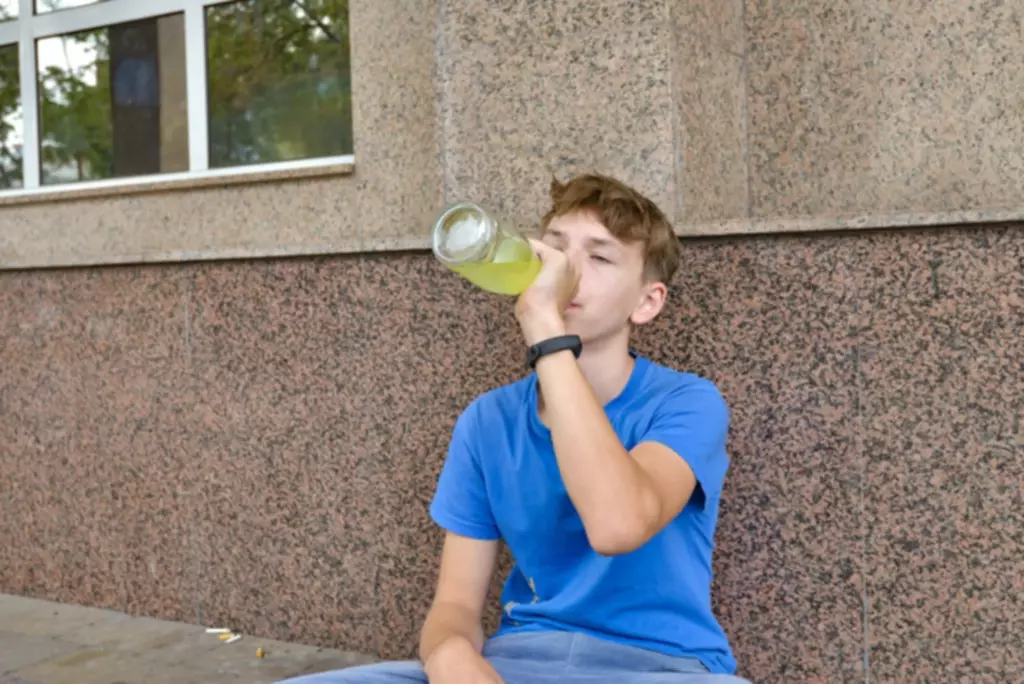Content
- What’s The Relationship Between Alcoholism And Narcissism?
- How to cope with the challenges of relating with narcissists or addicted people
- Entitlement
- Dual Diagnosis Treatment for Narcissistic Personality Disorder and Alcohol Abuse
- Diagnosing Alcoholism and Narcissism
- Treatment Options for Alcoholism
Treating NPD can be challenging and may require long-term therapy, but working alongside healthcare professionals can help people reduce symptoms. With treatment, those with NPD can live healthy lives with positive relationships. Both alcohol abuse and narcissism are disorders that require a personalized treatment plan that identifies the source of the problem as well as the necessary level of care. When the conditions are co-occurring, any treatment must take this into consideration too. Through a combination of detoxification and different therapies, it is possible to overcome the problem. Co-occurring disorders are when an individual simultaneously experiences a form of substance abuse and a mental health disorder.

Due to a narcissist’s inflated sense of self, they most likely will not protest discussing something of interest to them or engaging in a conversation that highlights their strengths. By doing this, you avoid answering any intrusive questions or responding to any negative comments without starting an argument and escalating the conversation. Narcissists, as well as narcissistic alcoholics, use intimidation and ridicule to make others second-guess themselves. By not showing any discomfort or giving in to their intimidation tactics, you remove their power. The more information the individual has, the easier it is for them to manipulate you. Many treatment programs utilize a 12-Step approach, and many of those recovering choose to attend meetings after they complete their treatment.
What’s The Relationship Between Alcoholism And Narcissism?
There is a lot of debate about whether alcoholics are narcissists. Some say that alcoholics are narcissists and others say that they are not. There is no clear answer to this question as there are many different opinions on the subject. At Pillars Recovery, we understand the complexities of addiction and how challenging it can be to overcome.
Do narcissists have friends?
Narcissists value fame, beauty, and success more than relationships. Sure, they date and have friends and often these relationships start out exciting — but fizzle quickly. “People who are narcissistic should have a trail of bad relationships behind them,” Campbell said.
The longer the feelings are unaddressed, the more daunting it can become to look inward and face them. From a narcissist’s point of view, he or she has no problems and can do no wrong. Bragging and a damn-the-consequences-swagger are essential parts of many narcissists personae. Preliminary analyses were conducted to determine the ranges and distributions of variables. Two participants were considered multivariate outliers and excluded from the analysis due to unreliable response style.
How to cope with the challenges of relating with narcissists or addicted people
These overlapping traits can make it hard to distinguish alcohol misuse from narcissism. Both conditions may influence the other, and some symptoms or behaviors of each condition can overlap. Reach out to loved ones you trust who can walk with you through the recovery journal.
Like narcissists, they may threaten harm to themselves or others if they don’t get what they want. They may pretend to be nice for a short while to get other people to leave them alone. Even if their behaviors hurt others, alcoholics do what they feel they need to continue drinking. If you think you have either or both conditions, it’s best to talk with a mental health professional for a diagnosis. This might include joining Alcoholics Anonymous (AA) and other 12-step programs that offer nonjudgmental peer support to others living with AUD. You can also join a local support group offered by the National Association of Mental Illness (NAMI), which addresses substance abuse when NPD and other mental health disorders.
Entitlement
NuView Treatment Center is a top leading Los Angeles outpatient alcohol and drug rehab program. Our goal is to inspire hope and create lasting change while you or a loved one are coping with the challenges of mental health and addiction – one client at a time. Taking responsibility for actions and behaviors would mean moving out of denial and not only having to admit https://ecosoberhouse.com/article/alcohol-abuse-and-narcissism-how-are-they-linked/ the truth but becoming fully responsible for it. If they fully acknowledge their drinking problem they know they can no longer justify their drinking. This prevents them from seeking help, and families very often have to contact a professional interventionist for resolution. We need a recovery program for the self-absorbed” – Patti Maguire Armstrong (2014).
The current study contributed to the literature in the following ways. Third, this study differentially evaluated the relationship between grandiose and vulnerable narcissism and alcohol outcomes. The findings of this study have potential implications for future treatment and research.
For AUD, group approaches such as AA and other twelve-step addiction programs are common. The treatment of NPD and AUD should ideally be delivered simultaneously, especially if there is severe addiction or depression. With that said, there are challenges to delivering appropriate care for the dual diagnosis. Moreover, each mental health condition must be independently diagnosed. By doing so, a person is less likely to be “over-treated” for a condition they may not actually have. For AUD to be diagnosed, a person must meet one of four possible criteria for alcohol abuse, three of seven possible criteria for alcohol dependence, and two of 12 possible criteria for AUD symptoms.
An individual may be an alcoholic narcissist, someone who has NPD and then develops alcohol addiction and dependence. But their alcoholic personality leads them to act in ways that are similar to a narcissist. If someone has AUD as well as a personality disorder, it’s recommended that both are treated at the same time to improve their chances of recovery.
With practice, setting these will become easier and, hopefully, the individual will begin to respect the rules you have established. Leaving an alcoholic narcissist is never easy, but it’s possible. With the right support, you can get through this tough time and start rebuilding your life. Being able to side-step away from negative comments and intrusive questions is necessary in protecting your personal information and mental wellbeing. One way you can avoid answering unwanted questions and engaging in destructive conversations is through shifting the topic to something the individual enjoys talking about.

Doing activities with friends or families are not as fun if it does not involve a bit of drinking and so the individual would brush off the event. In contrast, vulnerable narcissism, or covert narcissism, was a risk factor for future alcohol-related problems. Compared to grandiose narcissists, people in this group were more likely to acknowledge that they had a problem.
Both narcissists and alcoholics will use anybody they can to get their fix. However, treatments like psychotherapy, group support, and self-care strategies can help people with either condition feel much better. Both AUD and NPD should be diagnosed by a healthcare professional. In the United States, the DSM-5-TR is used to diagnose both conditions. However, NPD includes other traits, such as needing constant praise and special treatment, reacting negatively to criticism, and manipulating others.
Below, we’ll dive into just how strong the link between narcissism and alcoholism is, the similarities and differences of these disorders, and what to do if you or someone you love shares these traits. But that also means that both conditions can be treated through similar approaches. After going through a detox program, an alcoholic narcissist can receive talk therapy.